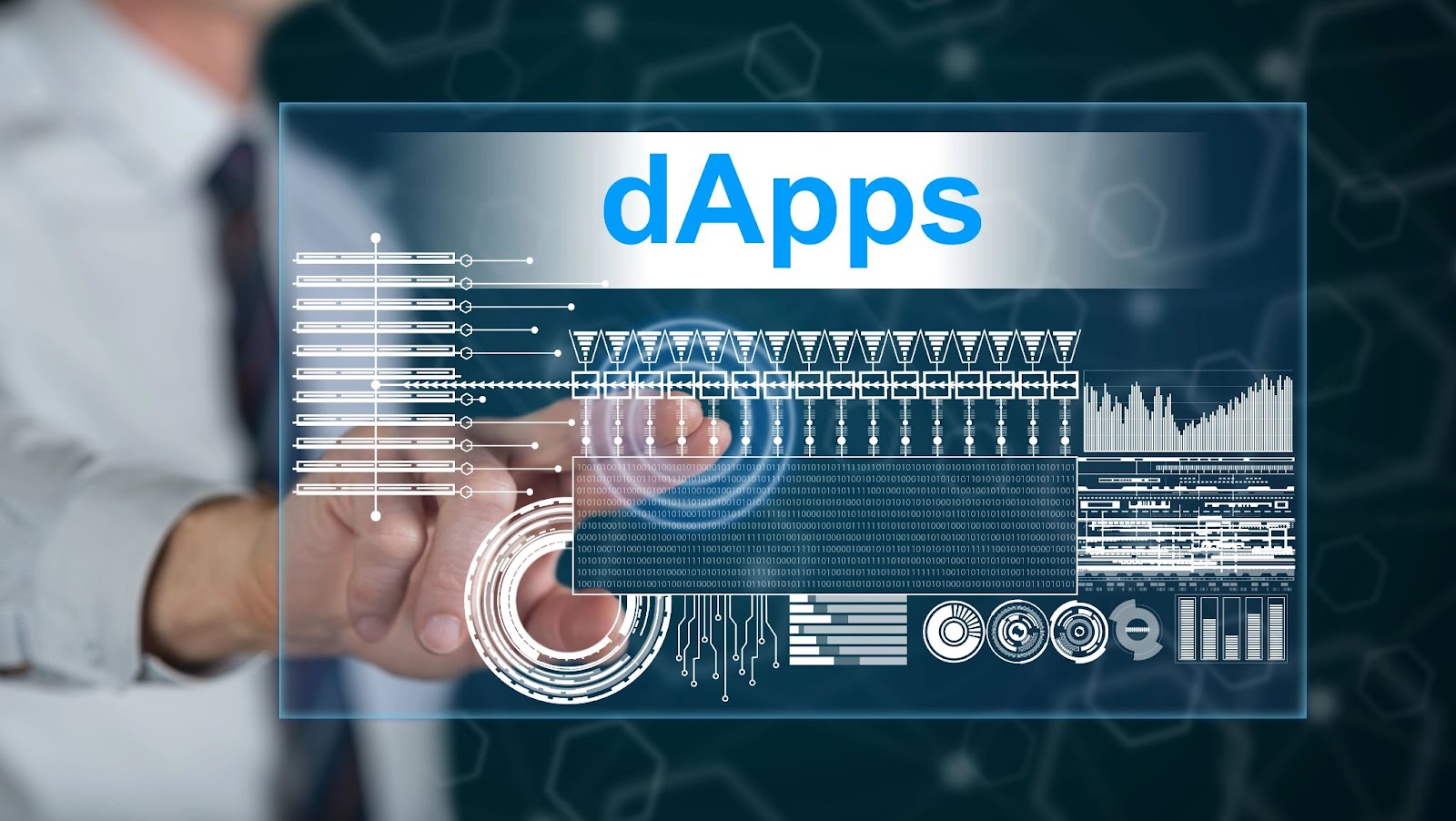ARTICLE AD
In parallel to the Clusters launch, LayerZero has announced its intention to airdrop 12 million $ZRO tokens in the first half of 2024.
In a crucial step towards enhancing blockchain interoperability, infrastructure project Delegate has joined forces with LayerZero to introduce a revolutionary naming protocol dubbed “Clusters.”
The protocol seeks to provide a unified identity layer, enabling users to maintain consistent identities across various blockchains, including Ethereum (ETH), Solana (SOL), and other EVM-based chains, with plans to extend support to Bitcoin (BTC) in the future.
Your universal name.
For the multichain maxis.
Feb 1, 10am ET pic.twitter.com/nCOiAqrjnU
— Clusters (@clustersxyz) January 31, 2024
The Role of Delegate and LayerZero’s ‘Clusters’
According to a Medium post by LayerZero, Clusters is positioned as a cross-chain, multi-wallet naming protocol designed to streamline user interactions with Decentralized Applications (dApps) and services. The protocol tackles issues related to address fragmentation by serving as a bridge between multiple blockchains, similar to Ethereum Name Service (ENS) but with native support for various chains.
LayerZero emphasizes that Clusters ensure actions and configurations associated with a user’s identity are consistently reflected across all integrated blockchains. This unified identity layer facilitates a seamless user experience, addressing challenges like wallet management complexity and domain squatting, thus enhancing the overall usability of blockchain applications.
As highlighted in the post, LayerZero plays an important role in the implementation of Clusters, serving as the messaging layer on the backend. This layer facilitates the flow of actions and state changes across different blockchains, ensuring accuracy across millions of names and billions of wallet addresses. The LayerZero protocol enables messages to move between blockchains, allowing the sharing of value, such as tokens, and information.
The collaboration between Delegate and LayerZero positions the latter as the main technology behind the Clusters service. By leveraging LayerZero’s protocol, Clusters aims to maintain a reliable and efficient naming system across diverse blockchains.
Delegate’s Expertise in Address Management
Formerly known as Delegate Cash, Delegate brings its expertise in managing blockchain addresses to the development of Clusters. The project’s primary protocol is utilized by crypto wallet holders to delegate rights or responsibilities from their wallets to others. This functionality ensures the security of assets, with Delegate’s technology currently safeguarding $993 million across 182,500 wallets, according to their website
Notable integrations with top Non-Fungible Token (NFT) projects, including premium projects from Yuga Labs (CryptoPunks and Bored Ape Yacht Club), Azuki, and OpenSea, showcase Delegate’s credibility and adoption within the blockchain ecosystem.
In parallel to the Clusters launch, LayerZero has announced its intention to airdrop 12 million $ZRO tokens in the first half of 2024. These tokens, currently available for private sales, come with a price range between $2.35 and $4.50 per token. Notably, all Series B-related $ZRO token sales are experiencing a 200 percent premium, indicating strong investor interest in LayerZero’s future developments.
As the collaboration between Delegate and LayerZero progresses, the industry will be closely watching the impact of Clusters on addressing identity-related issues and streamlining decentralized interactions for users worldwide.

 1 year ago
73
1 year ago
73 

